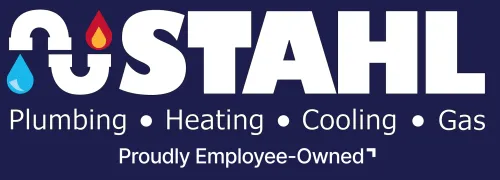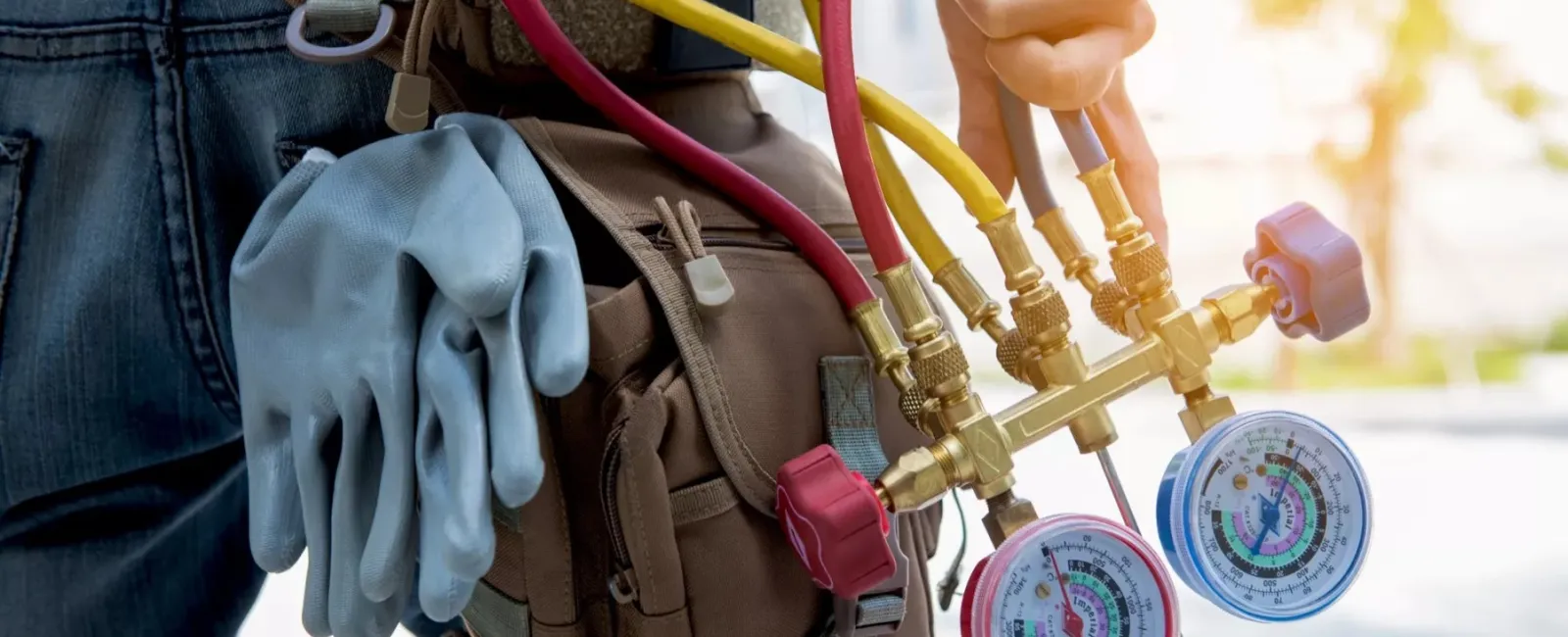From burst pipes to overflowing toilets, plumbing emergencies can give you a headache and be a source of financial stress. The trick to beating plumbing problems is to keep them from happening in the first place. A few smart moves can help you stop plumbing emergencies before they start, protecting your home and your wallet. It's also a good idea to have the number of a plumbing installation contractor in Pittsburgh, PA handy so that you know who to call anytime you have a question about your home's pipes.
Pay Attention to What You Put Down the Drain
 The list of things that should go down the drain in your home is very short: water and other liquids. But people have the tendency to send all kinds of things down the drain. While rinsing bits of food, coffee grounds or oils down the drain won't cause much of a problem at first, over time, those solids can build up, leading to a clog.
The list of things that should go down the drain in your home is very short: water and other liquids. But people have the tendency to send all kinds of things down the drain. While rinsing bits of food, coffee grounds or oils down the drain won't cause much of a problem at first, over time, those solids can build up, leading to a clog.
Depending the severity of the clog, it can cause water to back up into the sink or tub and potentially overflow.
If you have a garbage disposal attached to your sink, it's important to remember that it's not a free pass t put anything down the drain. Some foods, such as pasta, keep expanding when exposed to water. They are likely to gum up the works of the garbage disposal and clog the pipes if you don't throw them in the trash. It's also important to only run food through your garbage disposal. Non-edible items, such as paper, plastic and aluminum foil shouldn't go into the disposal, as they won't break down properly.
Along with paying attention to what you rinse down the drain of a sink or tub, it's also important to be careful about what you flush in the toilet. Certain things, such as tissues, paper towels, cotton balls and feminine hygiene products shouldn't be flushed, as they're likely to get caught in the pipes, leading to a clog.
It might go without saying, but items such as toys and crayons also shouldn't be flushed. If you have young children, it's best not to leave them alone in the bathroom, as they might throw objects into the toilet. Teach them from a young age not to put their toys and other items in the toilet.
Clean Your Drains
In addition to keeping an eye on what goes down the drains, another way to avoid a plumbing emergency and the need for plumbing repair in Pittsburgh, PA is to clean your drains from time to time. If you have long hair, check the drain after every shower and lift away any stray hairs, to keep them from forming a mass and causing a clog. Placing a drain-saver over the opening of the drain will make it easier to collect hairs or any larger objects.
You can also rinse your drains with hot water from time to time, to help break up any clogs or to rinse away residue buildup. If you've rinsed the drain with hot water and it's still running slow, your next option is to call for plumbing services in Pittsburgh, PA, and have a professional come out to take a look at your pipes.
Keep an Eye Out for Leaks
A few drips here and there from a pipe or faucet might not seem like something to be concerned about. Over time, though, there is the chance that those drips will cause significant damage. A slow leak can suddenly turn into a flood, for example.
If you notice a leak, or hear the sound of dripping, your best option is to trace where it is coming from. Once you've found the source of the leak, assess the situation. Is the water coming out of a faucet or is it leaking out of a loose connector? It might be that the pipe has started to fail and the water is seeping out of a hole or hairline crack.
In any case, don't wait to fix a leak. Once you've found it, call in a plumbing professional to take a look and repair the problem.
Protect Your Pipes From the Cold
Depending on where your pipes are located in the home, they can be regularly exposed to freezing temperatures during the winter months. The cold temperatures can cause the water inside the pipes to freeze and expand. The expansion can create pressure in the line, leading to cracks and fissures, particularly in weaker areas of the pipe. After repeated freezes, there's a risk of the pipe bursting, releasing gallons and gallons of water into your home.
Luckily, there are several things you can do to protect your pipes from extreme cold. If parts of your plumbing system are located in uninsulated areas of your home, add insulation to your pipes by wrapping them in heat tape or foam insulating tubes. You can also open sink cabinets to let warm air circulate to the pipes. If possible, keep the heat in your home turned on and don't turn your thermostat below 55 degrees.
If you're in the process of building your home or are remodeling it, it can be worthwhile to discuss pipe placement with your plumber. When working with a company that offers plumbing installation services in Pittsburgh, PA, ask about the best place to situate certain pipes to minimize their exposure to very cold temperatures and reduce the risk of freezing.
Know Where the Shut-Off Valves Are Located
If a leak does become a flood or if a toilet does start to overflow uncontrollably, what should you do? The first course of action is to switch off the flow of water. Turning off the water will keep it from causing a significant amount of damage.
During a calm period, go through your home and locate the shut-off valves for each fixture. You're likely to find the valves to turn off the water to your sinks under the sink cabinet and the valves to turn off the water to the toilets on the floor to one side. There might also be shut-off valves in the pipework at particular branches.
Along with locating those valves, test them to make sure they work. Being able to quickly turn off the water will keep a plumbing problem from turning into a plumbing catastrophe.
Finally, knowing who to call in the event of a plumbing issue or emergency can make all the difference. Stahl Plumbing, Heating & Air Conditioning offers bathroom and kitchen plumbing repair in Pittsburgh, PA. If you've got questions about your pipes or about what you can do to prevent an emergency, give us a call and we'll be happy to help you out.

